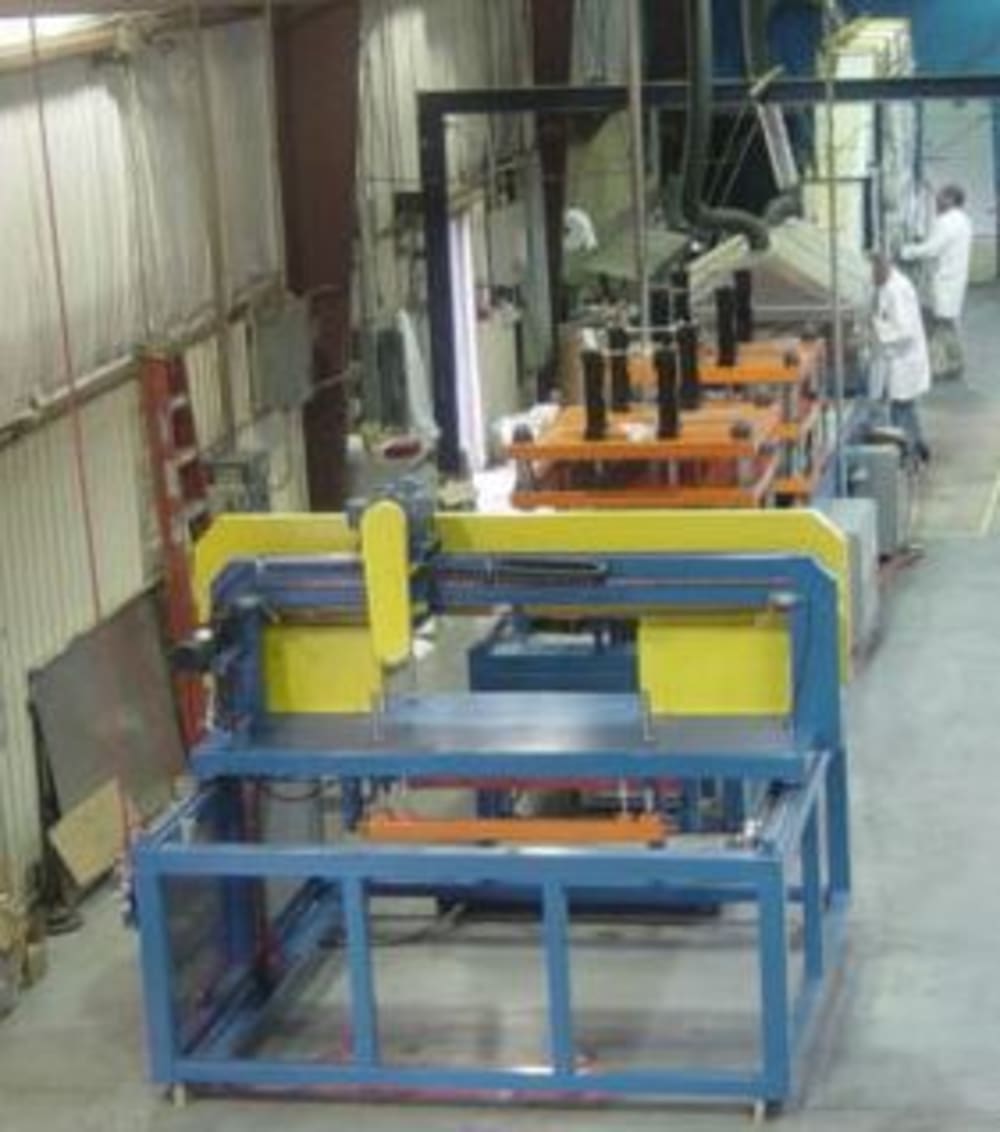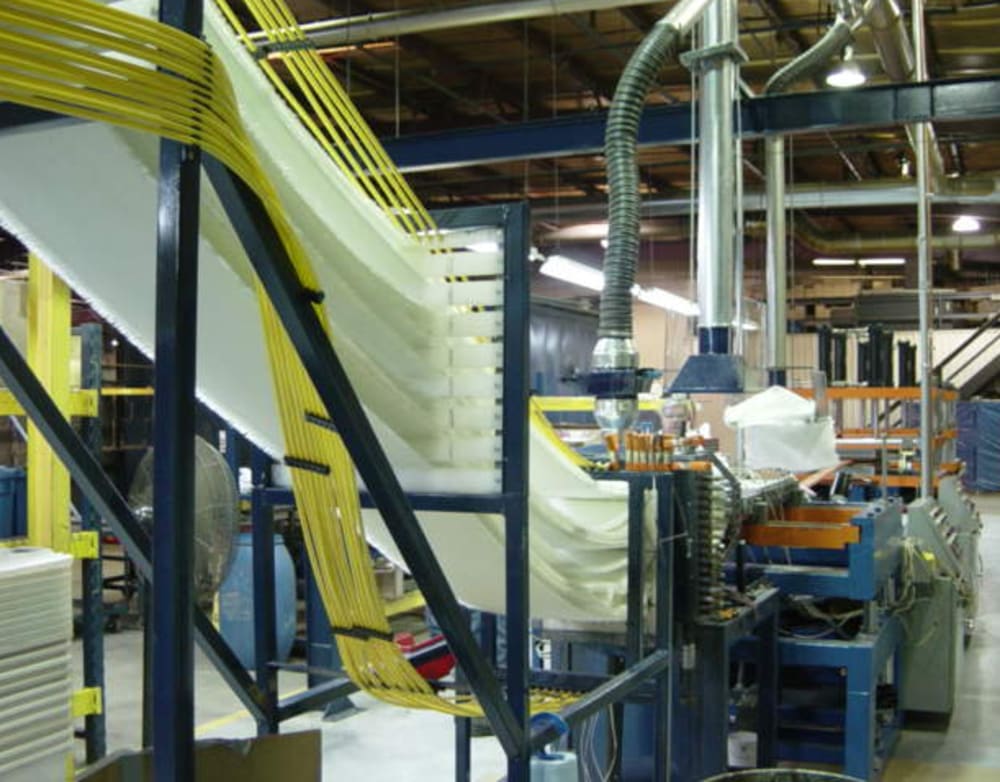While there have been many technological advancements in vehicle braking systems over the years (4-Wheel Disc, Anti-Lock, Electronic Stability Control, etc.), widespread advancements in friction materials and their manufacturing processes are few. The problematic nature of today’s resin bonded metallic (“RBM”) materials (including environmental, wear and performance issues, as well as declining quality from offshore production), represents a step backward from asbestos-based linings which held ~90% market share until matters around asbestos came into focus in the early 1990s.
Ceramic and carbon friction materials demonstrate some, but not all of the value characteristics of our highly engineered friction composites; however, the cost of these friction materials is many times that of RBMs, and therefore not feasible in high volume applications.
Our advanced friction composites offer OEM, OES, FTS, STS, Aftermarket and other customers key features including:
>Reduced Manufacturing Cost: Our engineered friction composites are globally cost effective, and can be produced for less than RBM linings being manufactured ‘offshore’.
>Reduced Labor / Benefit Costs: Our patented, highly advance manufacturing process enables ~20 employees to out produce an existing RBM manufacturing operation employing ~2,000.
>Low Capital Equipment Costs: Our manufacturing operations can be duplicated at an on-site cost of ~$1M, and require only ~40,000 sq. ft. and ~20 workers for a daily output of ~30,000 average units.
>Reduced Waste: Our automated manufacturing process, with its on-the-fly continuous QC, greatly reduces waste and promises to minimize the need for the customer’s own QC testing (as currently required at the Point of Delivery and Point of System Manufacturing due to shortcomings of RBMs).
>Just-In-Time Delivery: Due to the compact equipment footprint and its efficiencies, WIP is greatly reduced, and production operations can be fitted within a FTS’s existing facility, creating a truly Just-In-Time supply chain while also reducing inventory and eliminating transportation costs.
>Near Zero Variability: Our ‘game changing’ manufacturing technology reduces batch-to-batch and part-to-part variability from a current industry ‘standard’ of ~30% to just 0.5% (as proven by various independent laboratory studies).
>Standardization: Reduced variability will eliminate the need for FTS suppliers and OEMs to design brake systems specifically for each vehicle model, as a result of the inherent variability of RBM products (promising to save the industry tens of millions of development dollars each year).
>Improved Second Couple Wear: The irregular abrasiveness of RBM friction materials causes scoring of the second couple (i.e.: rotors and drums) ultimately leading to warped rotors, customer complaints and OEM warranty losses measured in billions of dollars each year. Contrastingly, our friction composites have been proven to improve the surface quality of rotors and drums.
>Reduced Size and Weight: Because our highly engineered fiction composites can be tuned to very high fiction levels
Like this entry?
-
About the Entrant
- Name:Benjamin Booher, Sr.
- Type of entry:individual
- Software used for this entry:First Step: Drawing Board
- Patent status:patented








